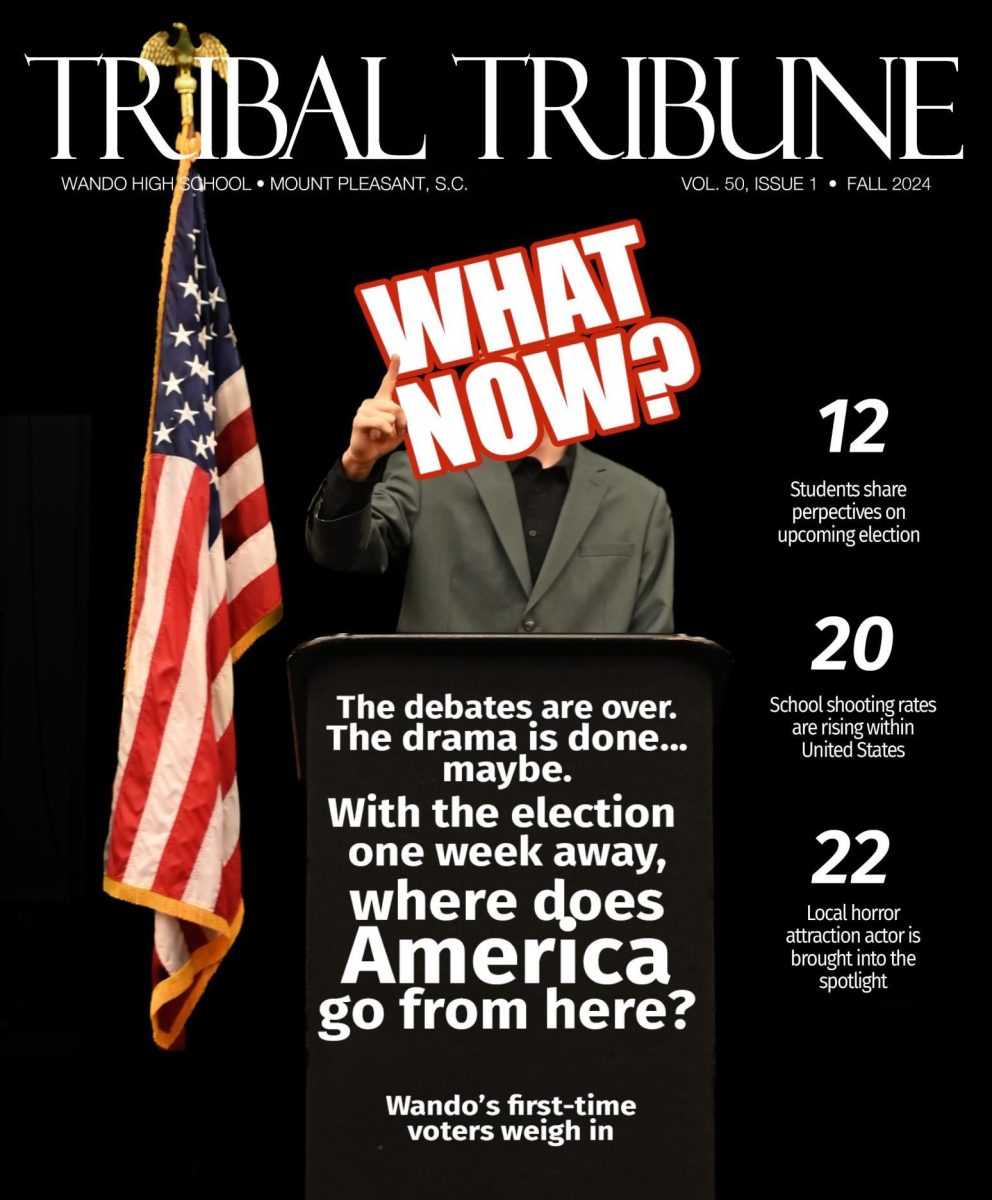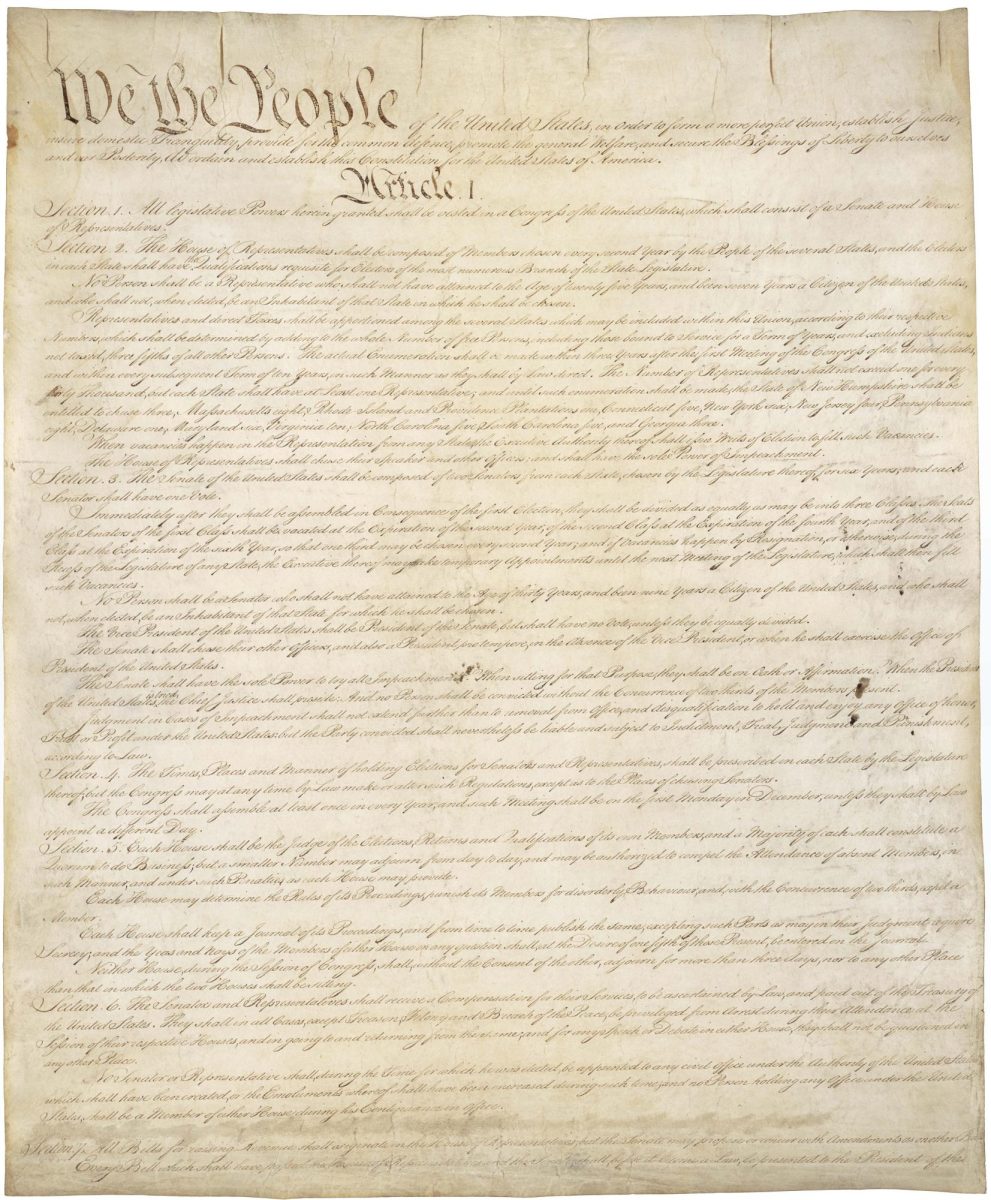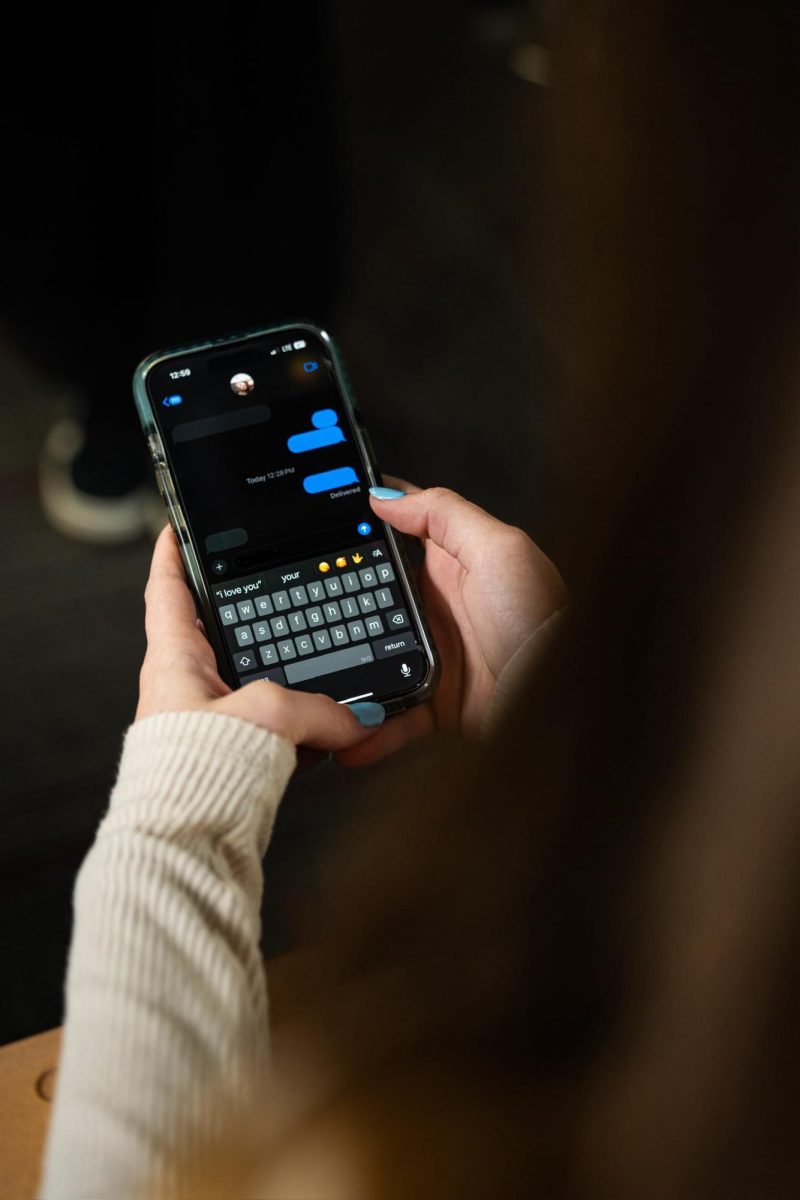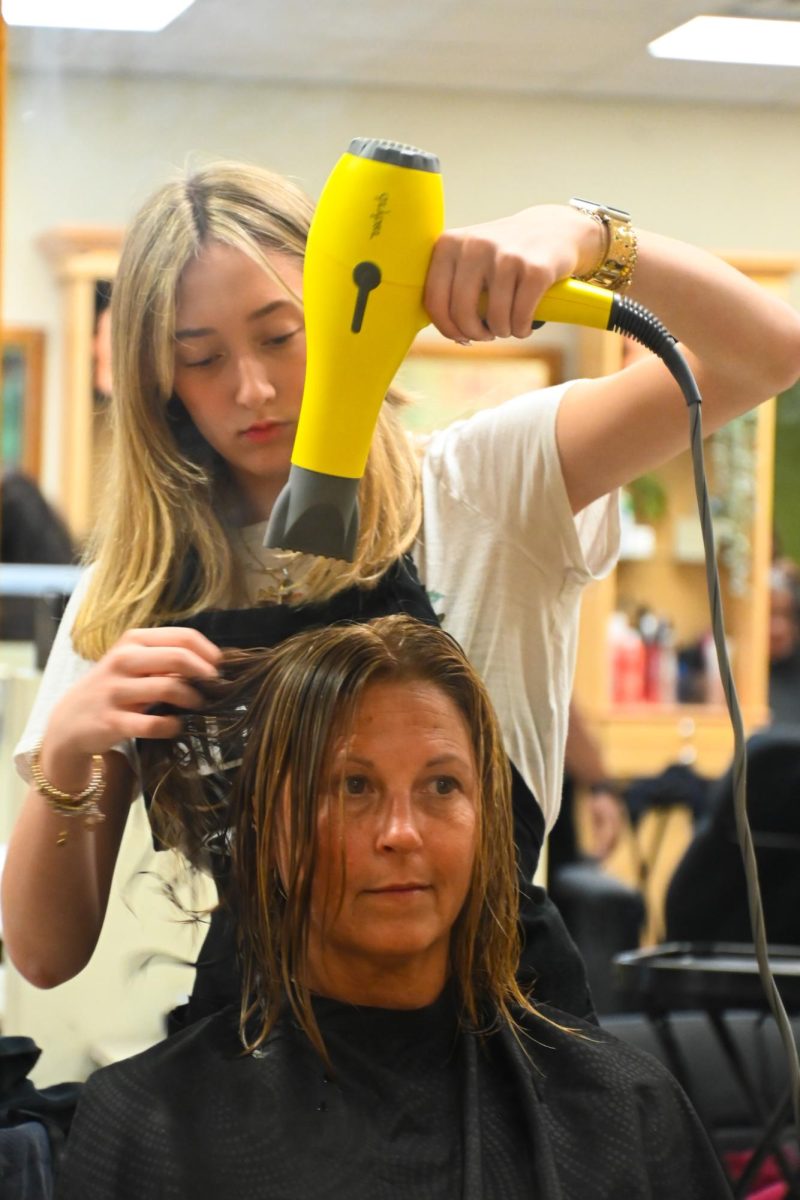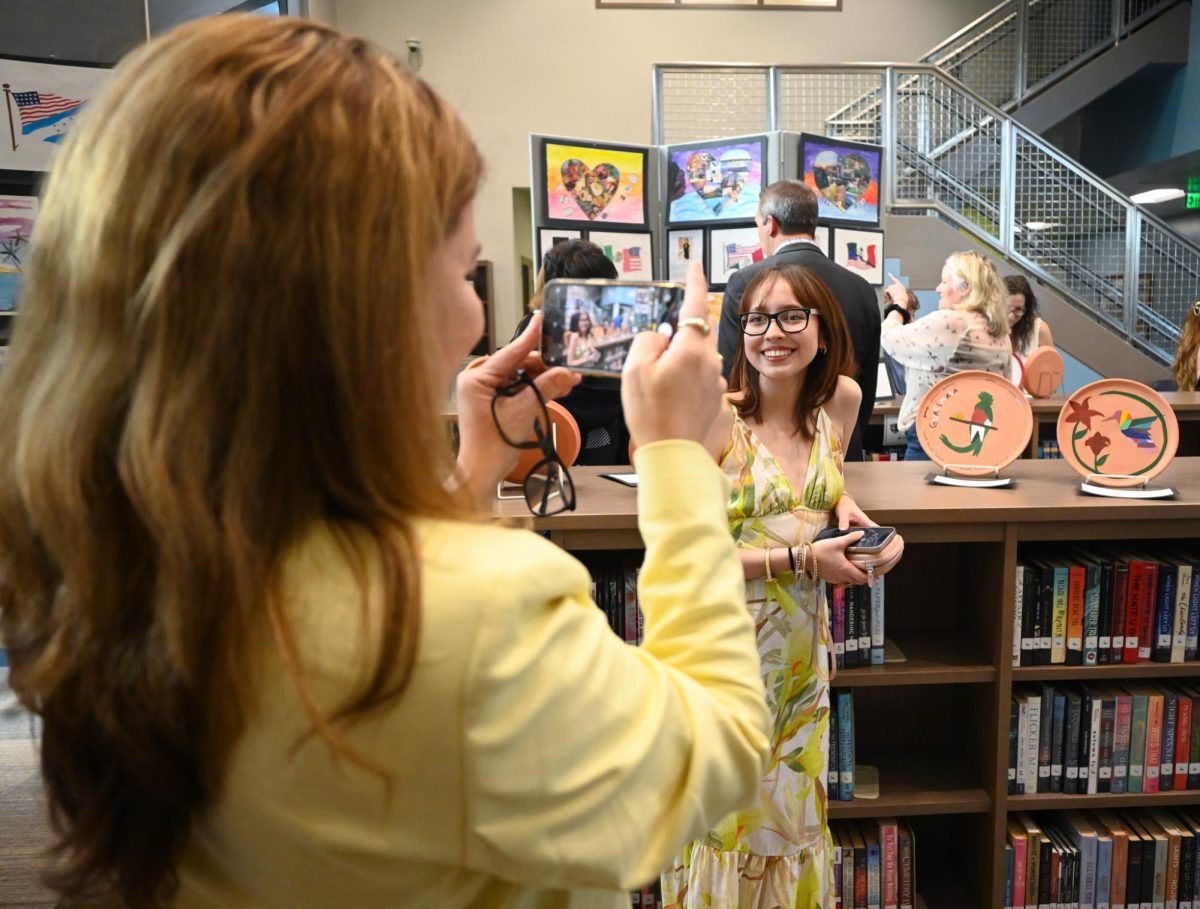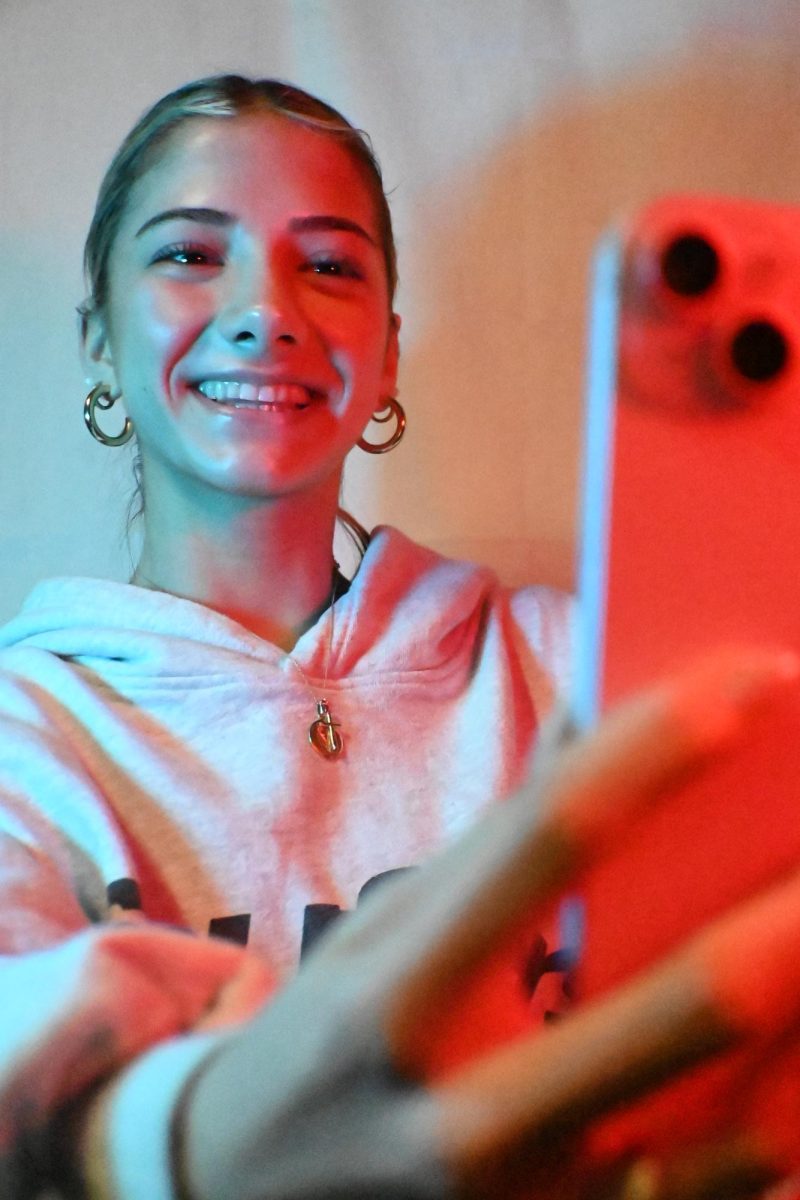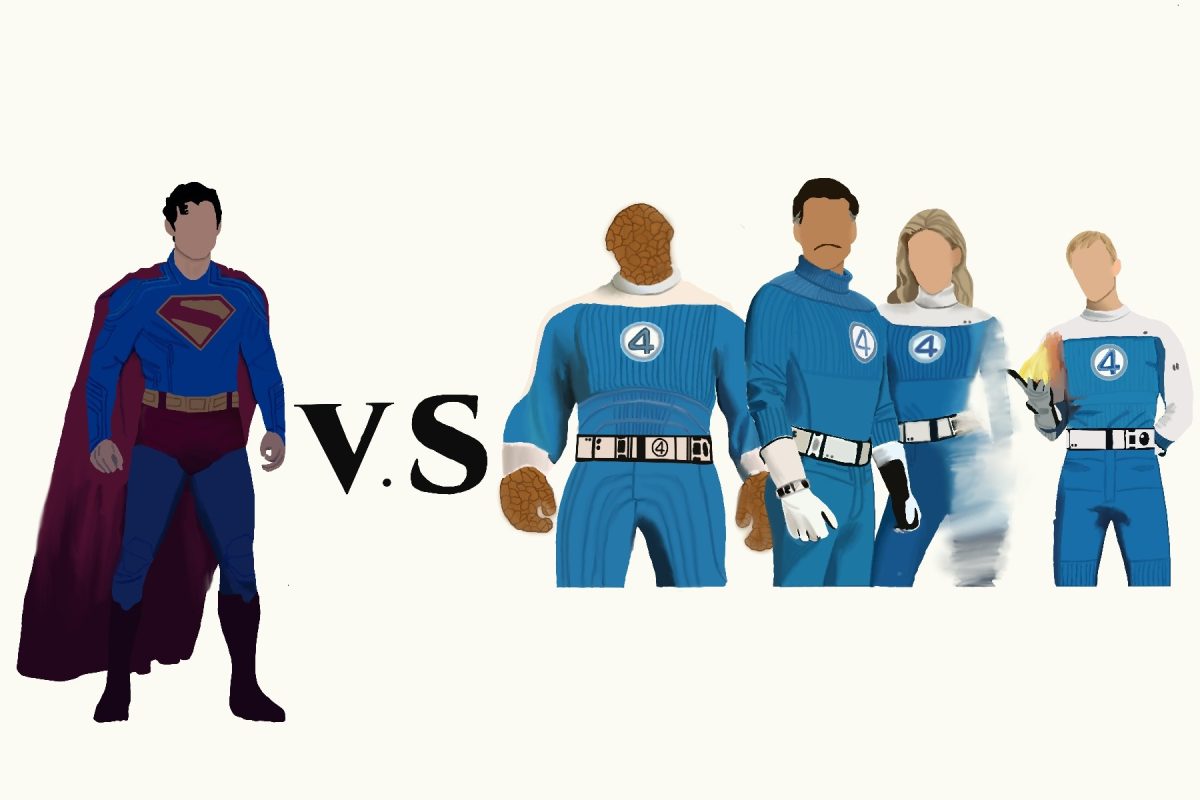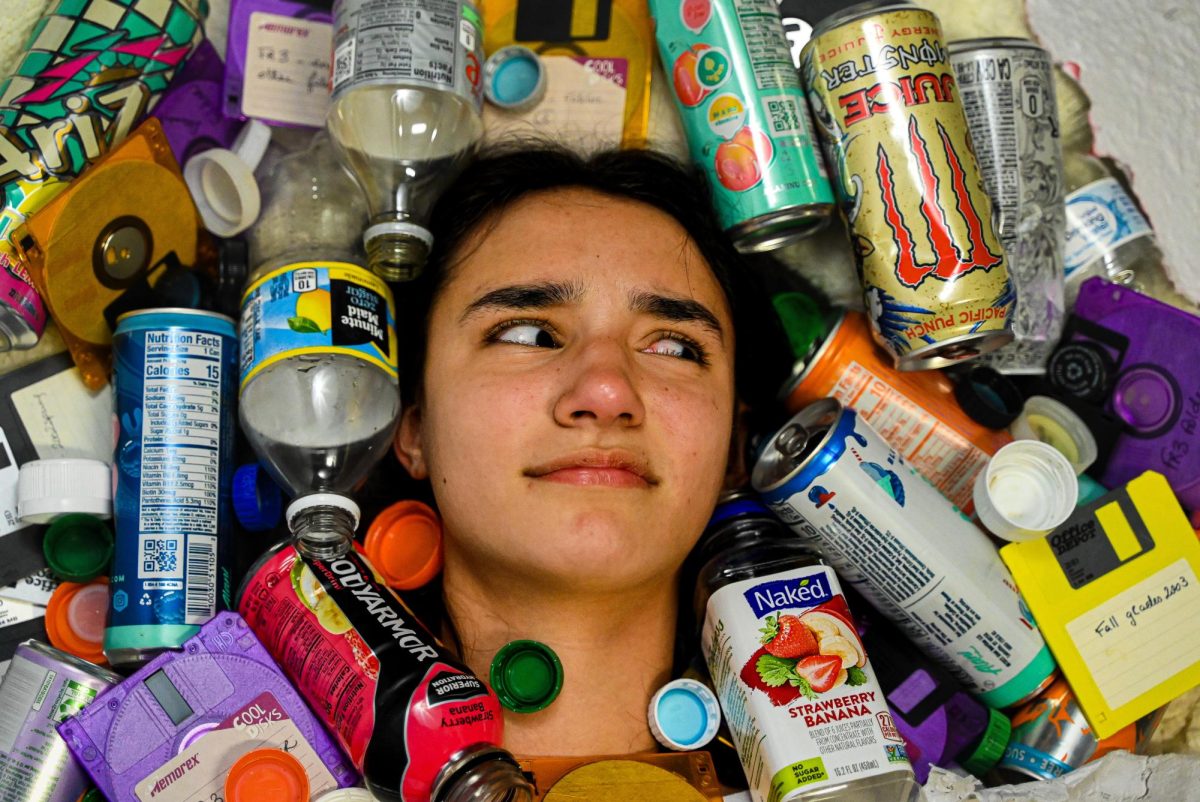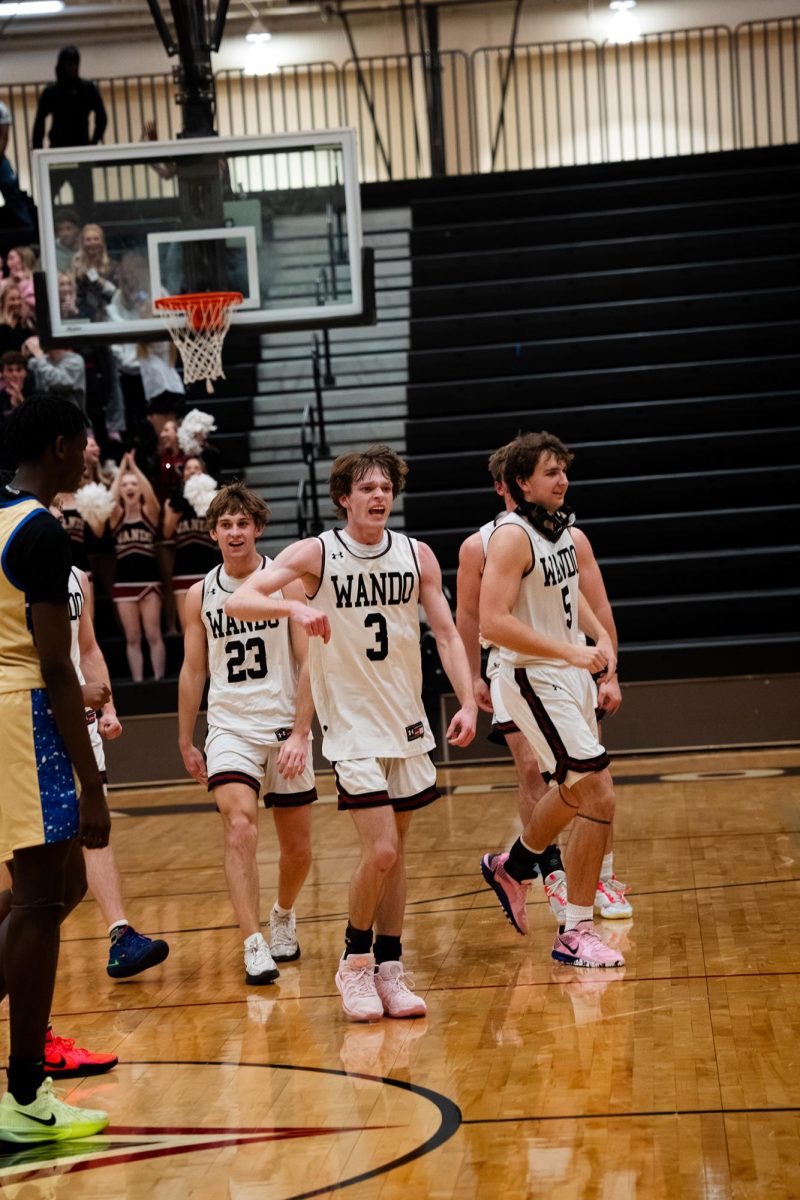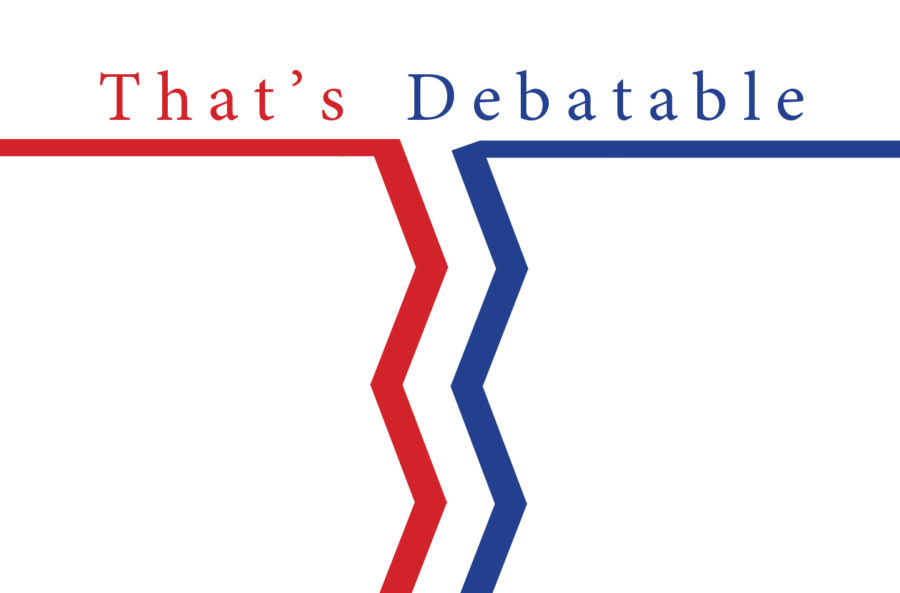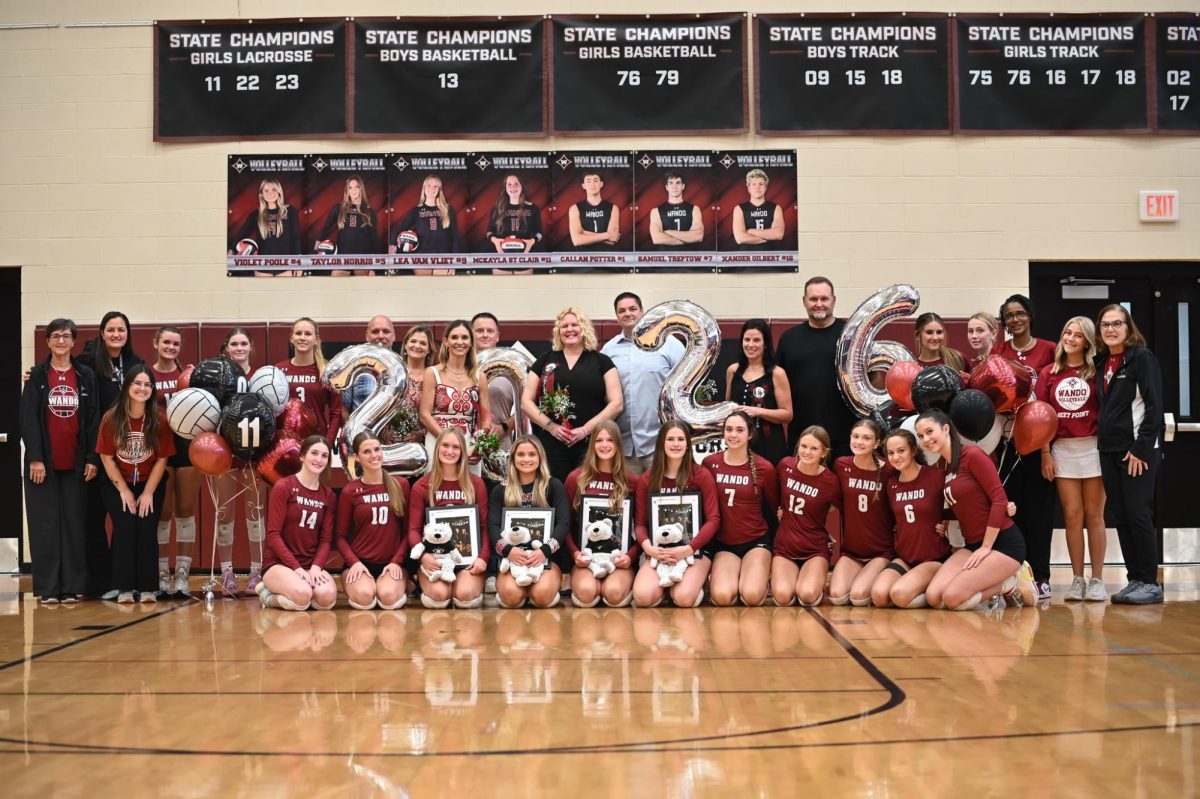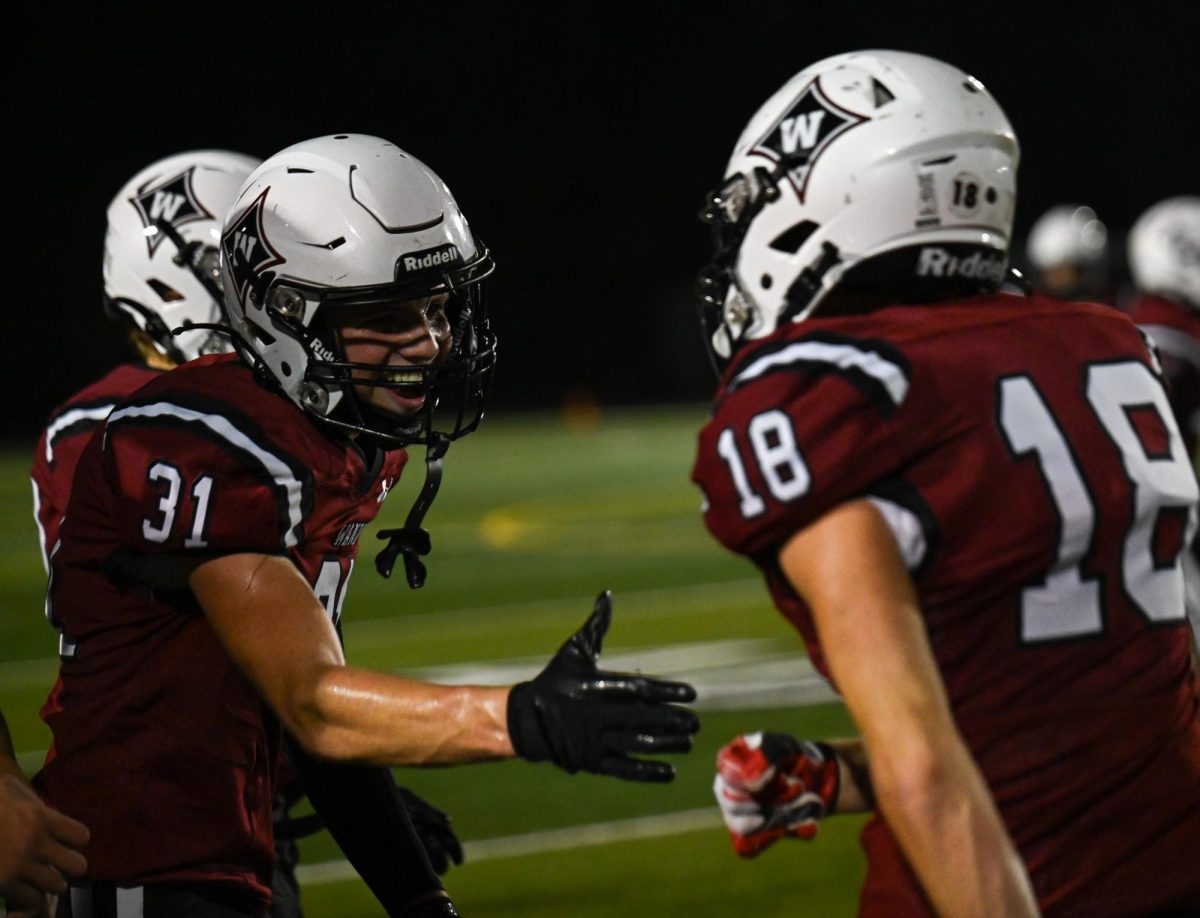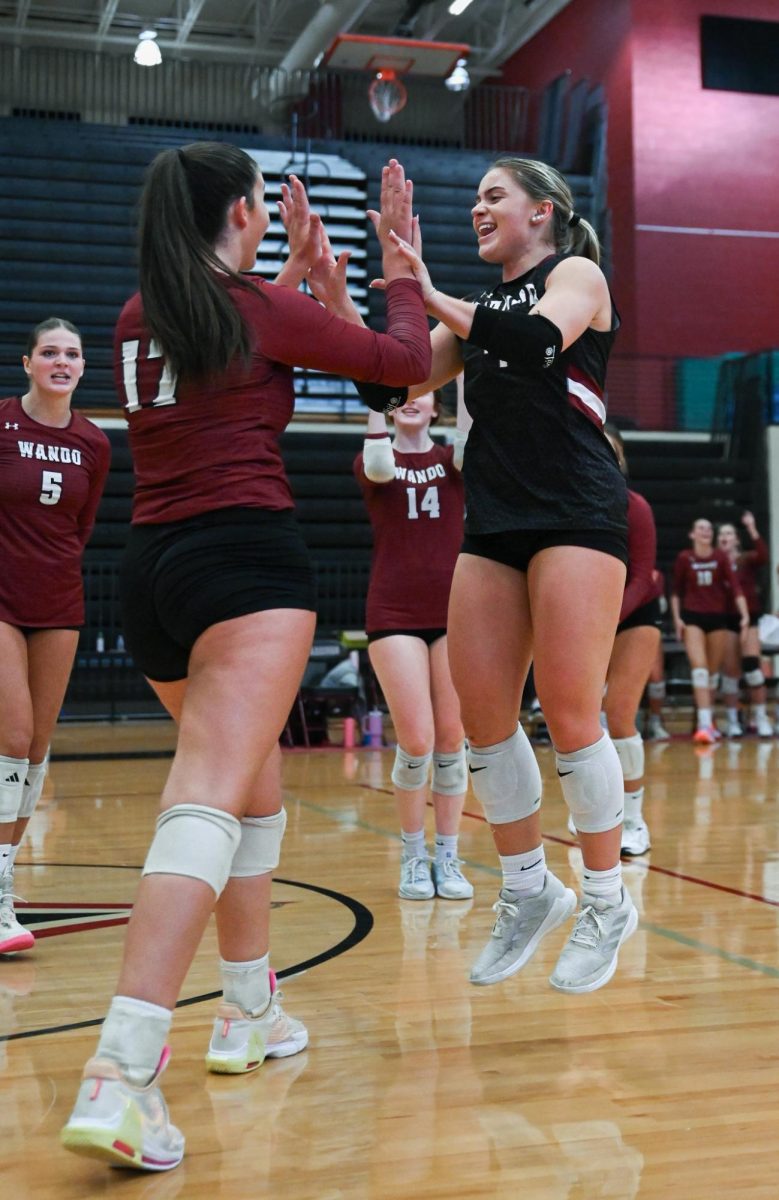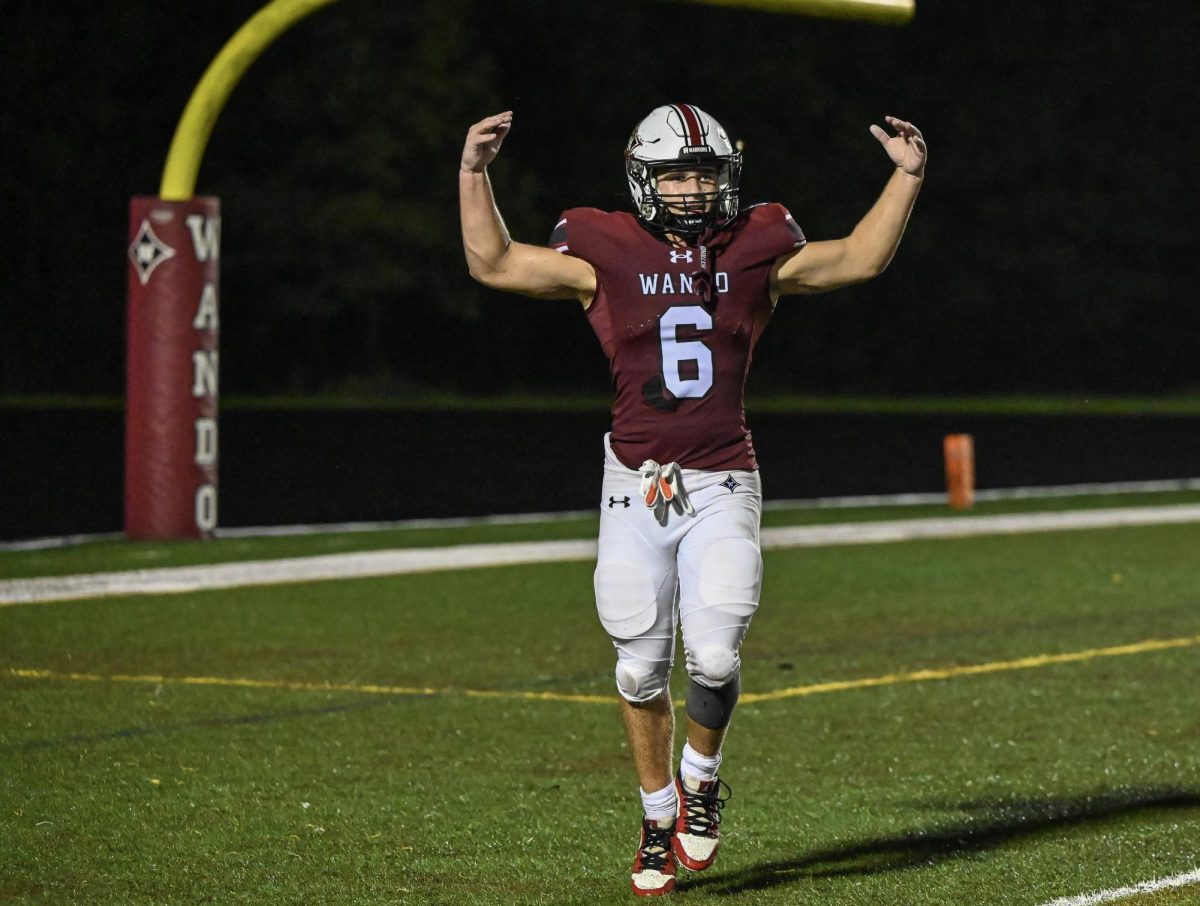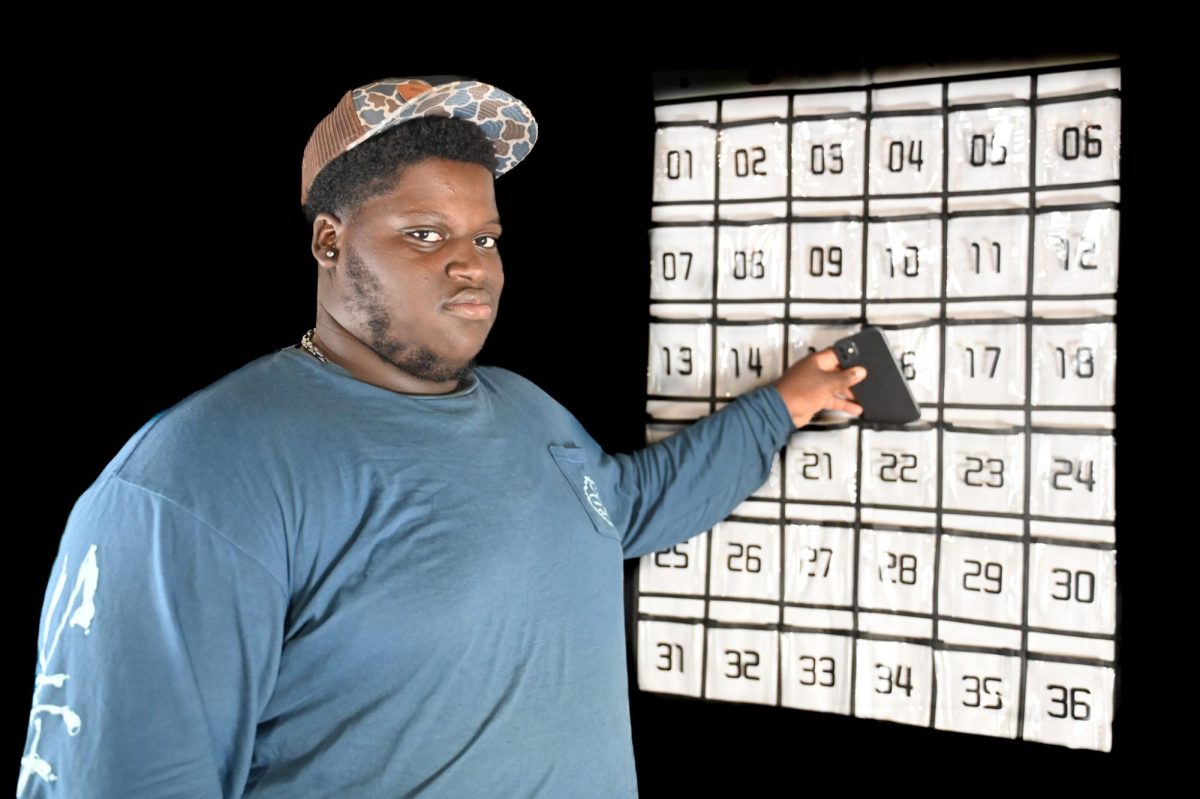A battle over one of the most valuable resources in the world–time–has opened a new frontline in the classrooms of Wando High School. The struggle has reached Charleston County schools as a tug of war for students’ time between cell phones and classroom instruction.
A new school cell phone policy now limits students’ access to their phones between and outside of classes, and they must be collected during class time.
From the perspective of principal Chas Coker and fellow school staff, cell phones have been an issue.
“When we [were coming] up with [ideas] of how we wanted to engage all students and staff next year… we talked about the need of limiting cell phone use in the classroom,” Coker said.
While some teachers implemented class-to-class policies regarding phone regulation in previous years, an absolute ban on their usage in nearly all classrooms carried concerns in the eyes of U.S. History teacher Constance Yaccarino, among others.
“Some [teachers] had hesitations, like ‘Oh God, this is going to be a fight where I don’t want to spend my energy,’” Yaccarino said. “Personally, cell phones are not something I have dealt with in the past. It feels like a battle that’s not worth winning.”
However, the school administration took a unique approach to these concerns.
“Mr. Coker and the staff said at the beginning of the year that ‘it’s not a fight you need to have; do it and if someone resists it, just call us’,” Yaccarino said. “As a teacher, it feels like it is a good [policy] to have and also to be reinforced with.”
School bans on cell phones have been discussed for years, but over the summer the possibility of cell phone bans in South Carolina schools has become very real after the state legislature started pushing for it. National support for bans has risen drastically during 2024 and South Carolina is one of many states from Florida to California working towards a phone ban.
“It’s really good to know that the school is getting ahead of the state, so it’s not something they have to try to reinforce later after being relaxed about it,” Yaccarino said.
As of September 10, the South Carolina legislature has passed laws requiring cell phone restrictions. In the eyes of junior Marshall Baker, that policy is likely to have little effect.
“Either [students are] going to learn from failing after using their phone in class and not do it again, or they won’t care and will ignore the class anyway,” Baker said. “[They could also be] proficient enough in the class that they know they can be on their phone and they will do fine anyway. You cannot make someone care.”
Cell phones provide a distraction for students, a way to direct their attention towards something else, but they are not the only outlet for distraction.
“People who don’t want to pay attention in class will find a way to distract themselves,” Baker said. “I find it pointless to take [phones] from students because they will find ways to be distracted… You cannot control 3,000 teenagers”
However, in the opinion of Coker and the school administration, the policy has been surprisingly successful.
“I’ve heard very positive feedback from our teachers… that engagement’s up in the classroom, collaboration’s up in the classroom,” Coker said. “We have only had two issues [of resistance] with it since the beginning of school.”
Perspectives on the topic vary. As a result, Coker is open to feedback.
“I’m willing and able to listen; come talk to me directly. I’m in the hallway and the rotunda or come up to the front office and ask for an appointment with me,” Coker said. “I’m always willing to hear [another perspective] and provide my perspective. I’m far from a shut door”.
However students may feel about the new policy, it provides the opportunity to experience life without constant electronic stimulation, even if it is only for a few hours.
“I’m so glad that students have shown some maturity and maybe some reflection that… ‘I could use a break of scrolling through apps’… which I think is something we’re all a little guilty of,” Yaccarino said.




